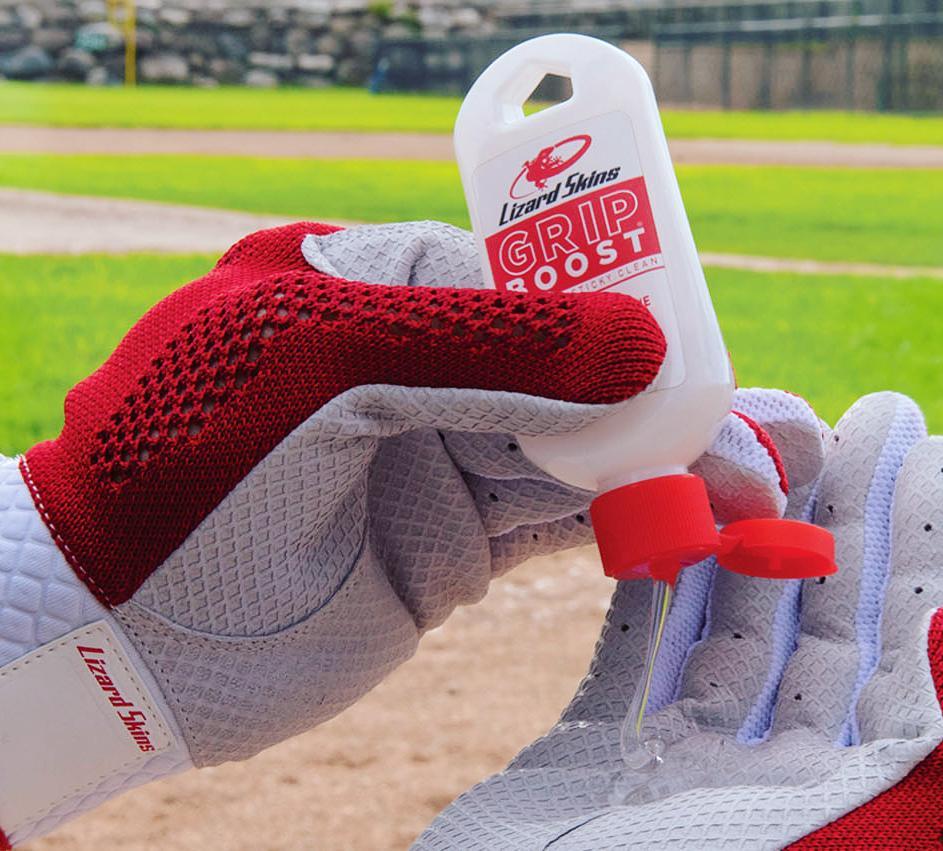Rather than cart seniors to the emergency room, what if nursing homes could bring doctors to them?
That’s the thesis behind one of Brooklyn’s largest startups, Call9. The company thinks it can make huge savings in cost and actually improve the quality of care patients receive by using telemedicine in health emergencies.
“Patients are ping-ponging back and forth to the hospital,” explained Call9’s founder, Dr. Timothy Peck, by phone. “It’s bad for the patients and their families and it’s bad for the economy of the country.”
Peck, along with cofounder XiaoSong Mu, has built a platform for nurses and other nursing home employees to video call doctors who can walk the nurses through the steps of what needs to be done for the patients. Nursing homes often don’t have doctors on the premises and frequently have large patient-to-nurse ratios, Peck explained, meaning they simply don’t have the bandwidth to treat many health issues. But a good number of those ailments that send seniors to the hospital could be treated in place, Peck explained. And sometimes, the more immediate treatment in place can be a huge improvement over time-consuming travel.
“About 20 percent of our patients are saved who wouldn’t otherwise be saved,” Peck said. “Eighty percent of our patients stay in the nursing home and avoid that hospital trip.
The way it works is that Call9 has an employee in each of the nursing homes it contracts with, and a stable of more than 25 doctors on call. The first responder in the nursing homes is equipped with tools like EKG and telemetry machines, which the doctors can see the results of in real time.
In September 2017, the Industry City–based startup raised $24 million, led by the Redmile Group, to expand its operations outside New York City. The cost of treating a patient outside of a hospital is a lot less than inside, and the startup thinks it can save those who pay for that care a lot of money.
“We turn to the insurance companies and say, ‘Hey, look at the data. You’re saving a ton of money and you should compensate us for this,'” Peck said, explaining that the patient is Call9’s user, while the insurance company is its customer.
One avenue for growth is to go after one of the biggest insurers out there, the federal government.
“We are currently working to expand through Medicare, so that’s a kind of exciting development which will allow us to grow faster,” said Garrett Gleeson, Call9’s chief of staff.
If that happens and costs are, in fact, saved, that could come to be an important part of the healthcare and larger political debates of the future.
Before you go...
Please consider supporting Technical.ly to keep our independent journalism strong. Unlike most business-focused media outlets, we don’t have a paywall. Instead, we count on your personal and organizational support.
Join our growing Slack community
Join 5,000 tech professionals and entrepreneurs in our community Slack today!
